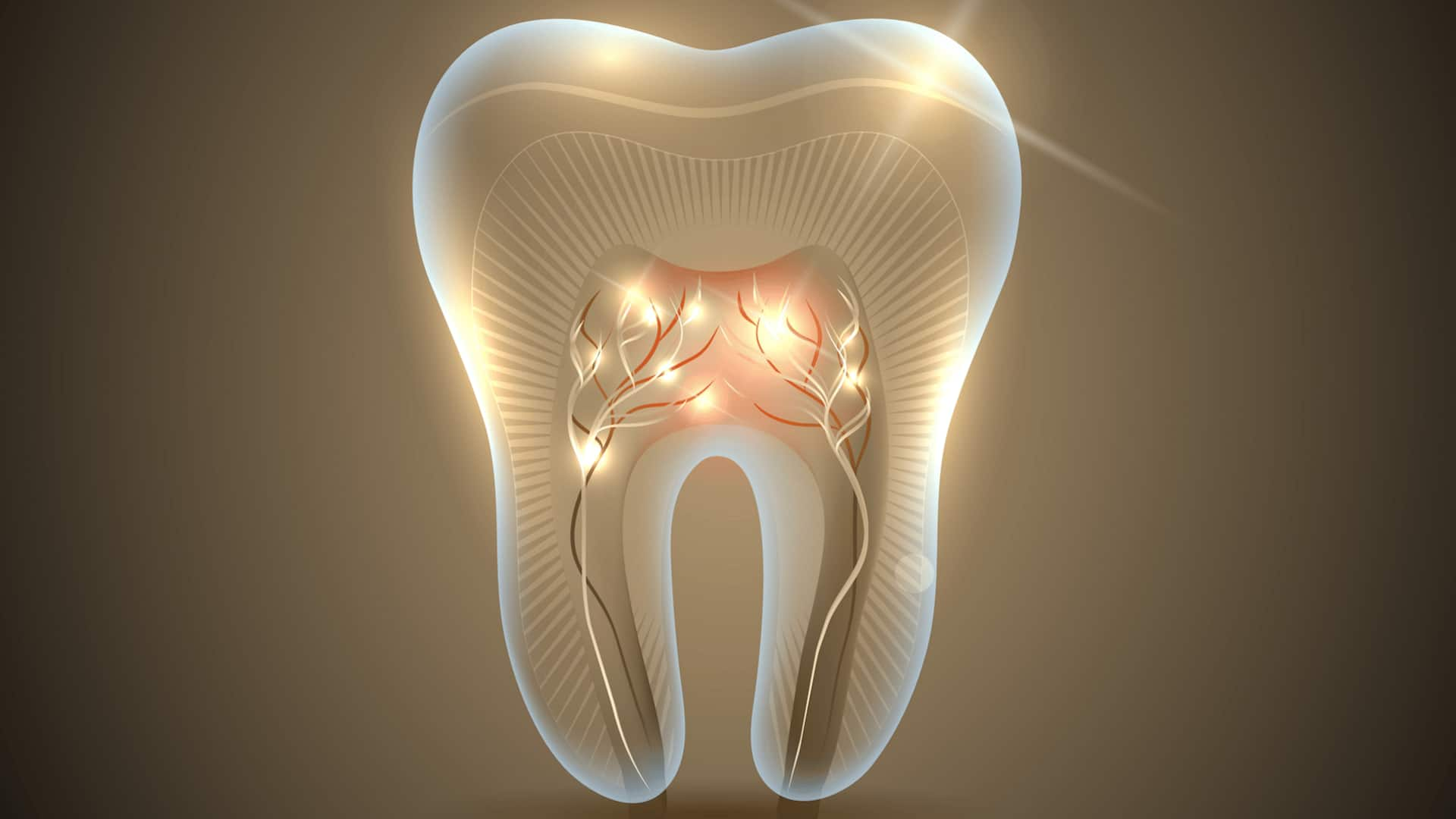
World's first tooth-regrowing drug approved for human trials
What's the story
A revolutionary drug capable of regenerating teeth, has been greenlit for human trials. As reported by New Atlas, the drug was developed by a Japanese research team led by Katsu Takahashi, head of dentistry and oral surgery at Kitano Hospital. The innovative medication works by blocking the uterine sensitization-associated gene-1 (USAG-1) protein that suppresses tooth growth. This groundbreaking development marks a significant milestone in dental medicine.
Promising results
Drug's success in animal trials fuels confidence
The drug has demonstrated high success rates in animal trials involving ferrets and mice, with no serious side effects reported. This success is attributed to the drug's ability to block USAG-1 from interacting with other proteins, triggering bone growth and subsequently leading to new teeth formation. Takahashi's team is confident about its potential effectiveness in humans due to a 97% similarity in how the USAG-1 protein functions across different species.
Upcoming trials
Human trials to begin in September
Human trials for the tooth-regrowing drug are scheduled to commence in September. The initial trial will involve adults missing at least one molar. A subsequent trial is planned for children aged two to seven who lack at least four teeth due to congenital tooth deficiency. Lastly, a third trial will focus on older adults missing between one and five permanent teeth. Takahashi is optimistic about the drug's potential, predicting it could be available for consumers as early as 2030.